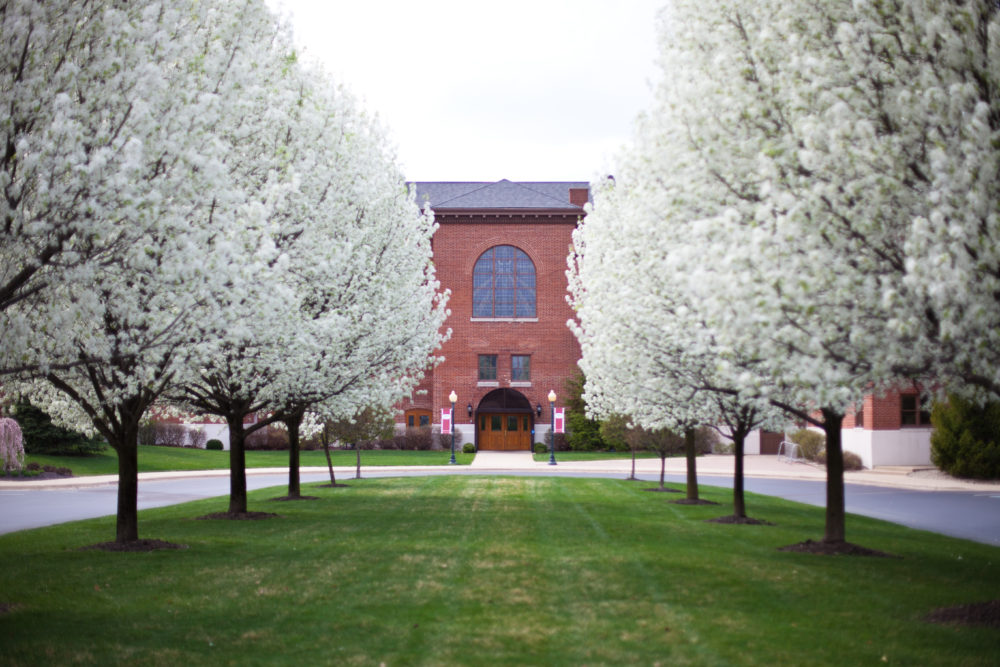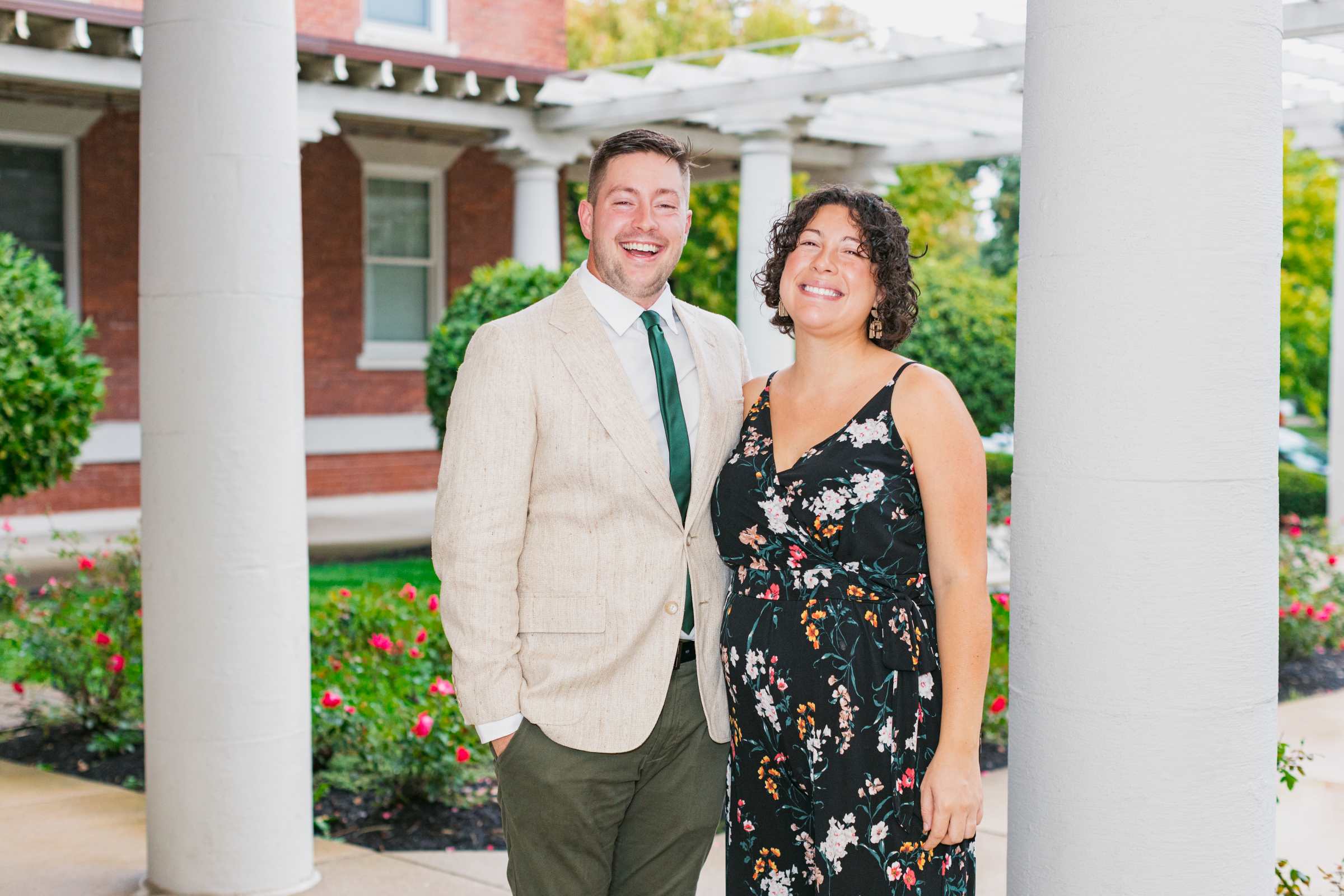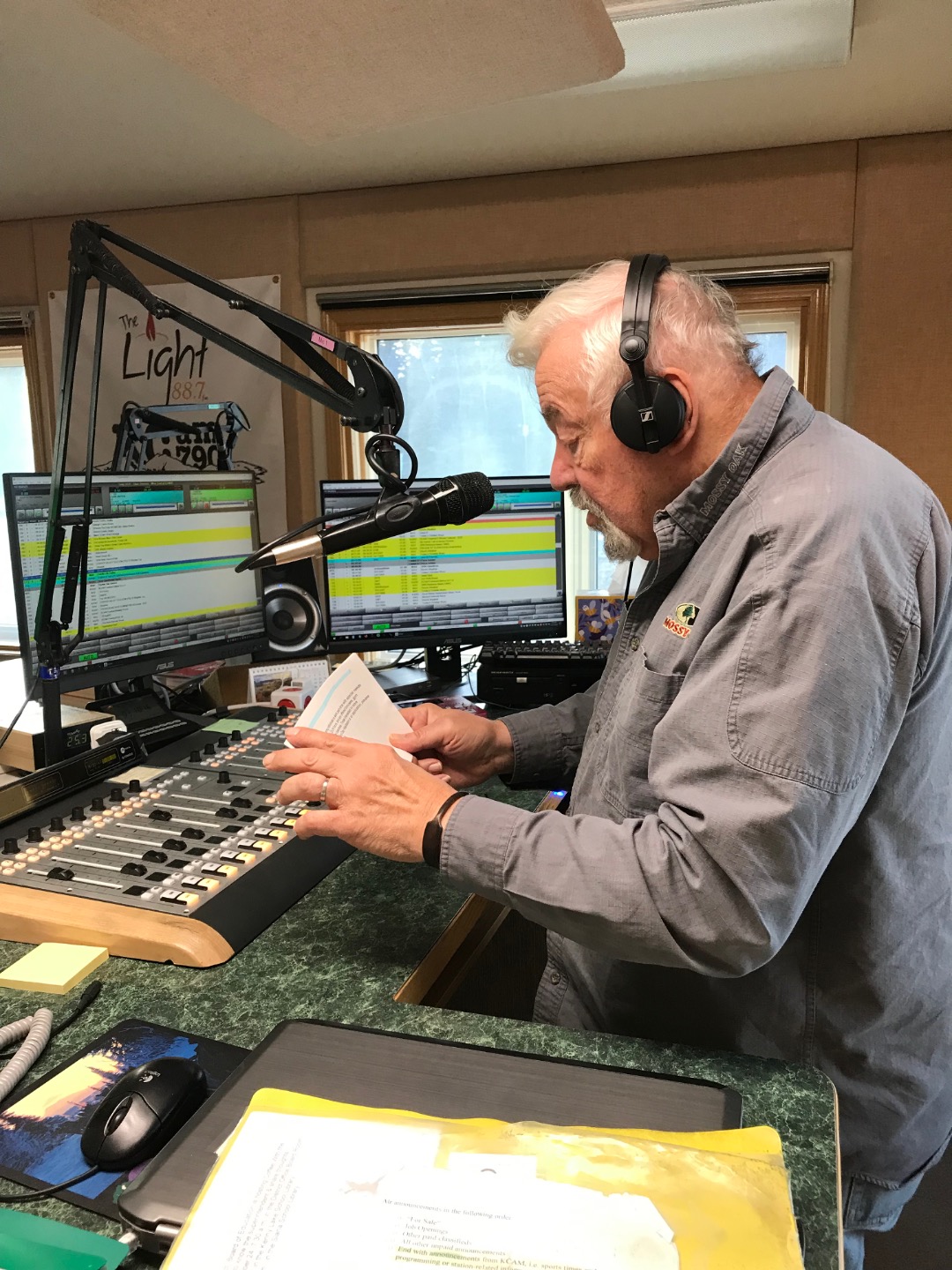May 6, 2022
What is Chaplaincy?
Written By Grace Theological Seminary
Tagged With Master of Divinity Master of Arts Chaplaincy

Have you ever wondered, “What is chaplaincy all about?” Maybe you’ve heard about a chaplain at a hospital, in the military, or hired by a business – but what is it all about?
We recently sat down with retired Colonel Mark Penfold, the chaplain endorser for the Charis Fellowship, and asked him for all the information we knew you’d want to have.
Colonel Penfold has been a chaplain for over thirty years. An ideal candidate to answer the question, “What is chaplaincy?”, Penfold will describe his experiences and explain what it takes to become a chaplain. His ministry career began as a missionary in France while at the French Bible Institute before he journeyed to Grace College to receive his B.A. in Biblical Studies. He would go on to receive his M.Div. while working part-time, and then his Th.M. in Old Testament.
After seminary, Penfold began to reflect on his upbringing during the Cold War and thought about the soldiers, families, and others overseas. Who was there to tell them about Jesus? With an undeniable tug toward this thought, he reached out to an army recruiter. Thus began thirty years of chaplaincy around the world.
What is chaplaincy and how does it differ from being a pastor?
All chaplains are pastors. Not all pastors are chaplains. The reality is that a chaplain does many of the traditional things a pastor does. A chaplain is enlisted along with the rest of the soldiers, so if the unit is running, the chaplain is running. If the unit is eating, sleeping, or performing drills, the chaplain is with them.
The only thing chaplains do not do is fire weapons. In times of conflict, they are normally assigned to the aid station to help when soldiers are wounded or dying. By design, soldiers are not left alone or without support. Chaplains have walked side by side with the men they serve, building relationships so they are equipped to carry the heavy counseling load required.
This counseling extends from normal situations on the base to crisis counseling on the battlefield when needed. The chaplain becomes the pastor to even those who don’t share their faith tradition.
What are some ministry opportunities that are unique for chaplains?
As anyone who has been in ministry can testify, opportunities may sound idyllic, but can often bring challenges. Colonel Penfold confirmed that chaplains often get to travel where nobody wants to go on vacation. Along the way, they have the unique opportunity to meet people from diverse backgrounds, all sharing the desire to defend their country.
Unlike pastors who can’t often interact with church people while they are at work, a chaplain is expected to interrupt any soldier at any time deemed necessary. The military calls it a ‘ministry of presence,’ engaging people where they are while doing life together.
The unique call of chaplaincy means getting to meet many interesting people in American culture, many of whom share core values of selfless serving, self-sacrificing, and a level of volunteerism not often found in the broader culture. Chaplains will connect with all types of people, from various cultures and backgrounds, and have the opportunity to see them all merge together in a unified purpose.
What gifts or personalities might make someone more suited for chaplaincy than a role as a traditional pastor?
On a few levels, it can be described as more of a melting pot and less of a potluck. For starters, as an active member of the military, the lifestyle requires a medical and fitness level not required elsewhere. It also involves a willingness to be separated from your family for long seasons.
Even more crucial is the ability to operate in a community that is not necessarily friendly to Christianity. While there are chaplains sought out to serve each unique faith community, your role as chaplain may cause you to connect with people from other religions as well as those who profess no faith at all.
Understanding how much work it will take is a never ending task. It will require a strong faith and a solid discipline to faithfully hold the critical values of Christianity while lovingly ministering to the soldiers in your unit. Remembering our Savior’s words that “It is not the healthy who need a doctor,” will be key to your success.
What is chaplaincy training and what does it entail?
While an authentic calling to be a pastor is important, it does not end there. Building pastoral skills, being able to offer wise counsel, and handling crisis intervention in a godly way are necessities in chaplaincy training.
Beyond that, developing skills in building and maintaining community, especially in a pluralistic environment, is important for seeing success. Depending on the type of audience you have, becoming a good communicator or having the ability to hold people’s attention may also be needed.
But most of all, it’s important to know your identity and be sure of your calling as you seek to make an impact in chaplaincy.
What advice would you offer to those considering chaplaincy training?
As with any area of ministry, Colonel Penfold encourages students to be sure this is your calling, and that your idea of calling involves a real sense of serving. The cross of Christ needs to be worth your very life because you will be living out the Gospel in situations where it may very well cost your life.
Be convinced that the Gospel makes a difference in your life and that you will be able to model your love for people in your willingness to get your hands dirty. What is Chaplaincy? It is one of the greatest opportunities to be a minister of Jesus Christ, but it is a great commitment.
Are you interested in learning more about our chaplaincy training program? Our M.Div. and Master of Arts programs will equip you for the various and unique areas where chaplains are required.
Share
Tagged With Master of Divinity Master of Arts Chaplaincy


